The Board comprises of the Chair and six Members who meet regularly throughout the year.
Members of the Board are appointed by Scottish Ministers. The normal term of office for a non-executive Board member is four years, although lengths of appointments may be varied to ensure continuity of Board membership.
The Board is responsible for the overall management, strategic direction, risk management and internal control systems, succession planning and performance of the body. It discharges its responsibilities through regular scheduled meetings and ad hoc meetings, as may be required. The Board has reserved specific matters to itself for determination and approval which include strategic issues, the risk profile of the body, approval of the annual budget, awarding of material contracts and succession planning for senior management.
Board Members
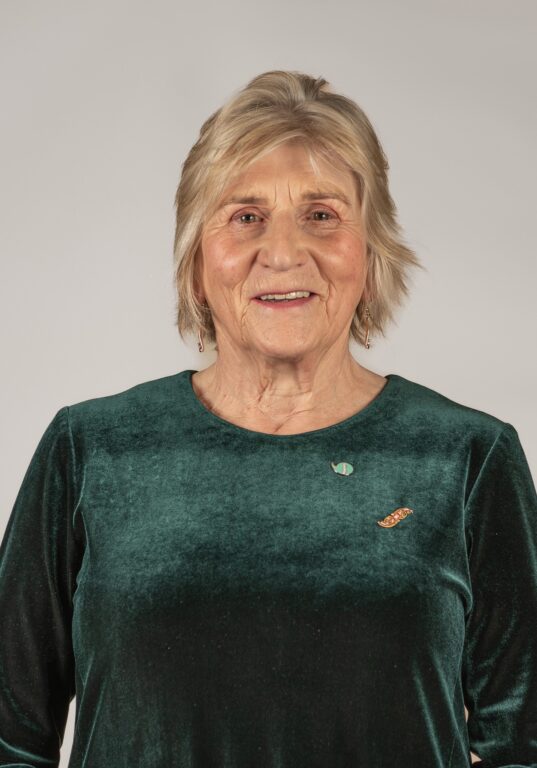
Mairi MacInnes (Chair)
Mairi MacInnes has numerous roles within her local community relating to Gaelic language and education spanning early years, primary and adult learning. Mairi, former head teacher of Sgoil an Iochdair, was also a member of the 1+2 Approach to Language Learning Group in the Western Isles. Mairi is Chair of Ceòlas Uibhist Ltd, the highly acclaimed Gaelic arts organisation. She has also sat on the board of a number of national organisations, such as the Scottish Arts Council and Comataidh Craoladh Gàidhlig. She was the founding member of Cothrom and a founder member and development worker for Fèis Tìr a’ Mhurain.
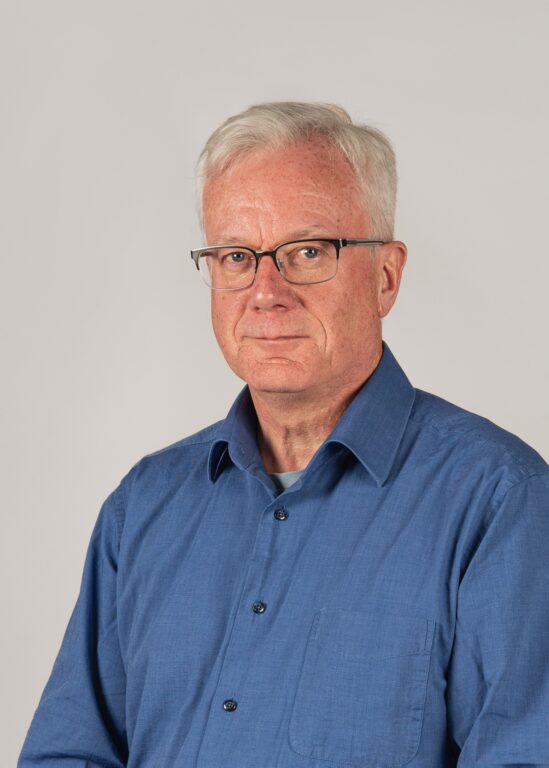
Stewart Macleod
Dr Stewart Macleod is from the Isle of Lewis, and attended Back School and the Nicolson Institute Stornoway. He studied English Language and Literature at the University of Aberdeen, and obtained a PhD researching the minority languages of Scotland – Gaelic and Scots. He is a qualified accountant and is a member of the Chartered Institute of Public Finance and Accountancy (CIPFA). His career has centred on public finance: he has worked in local government in Scotland, has held senior roles with CIPFA, and in recent years has worked in international development projects funded by DFID, the World Bank and EU, contributing technical assistance and financial training to government and other public bodies in more than 25 developing countries. He has been a singing member of Lothian Gaelic Choir since 1998, and has held the office of Gaelic Tutor for the choir since 2018. He is the Chair of the Audit and Assurance Committee.
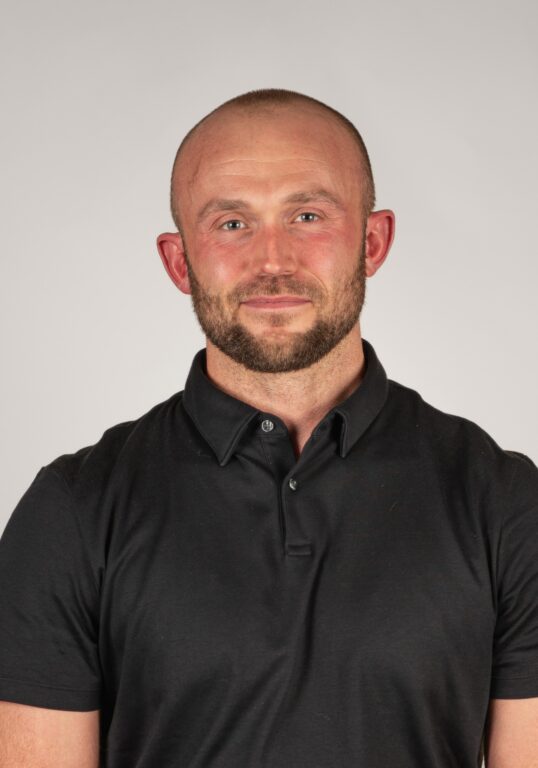
Seonaidh Charity
Seonaidh Charity is a Gaelic secondary teacher in Inverness, teaching Gaelic as a language to both GME pupils and learners, as well as subjects through the medium of Gaelic. As a former GME pupil himself, Seonaidh went on to study Gaelic at Glasgow University and gained a PGDE from Strathclyde University. He then worked as a classroom teacher and Curriculum Leader in Edinburgh. He has experience in delivering teacher education having previously worked as a Programme Leader and Senior Lecturer on Sabhal Mòr Ostaig’s BA Gaelic and Education degree and UHI’s PGDE courses. Seonaidh was awarded a Master of Education (Med) Critical Enquiry with Distinction from UHI, having carried out research into improving speaking skills among GME pupils.
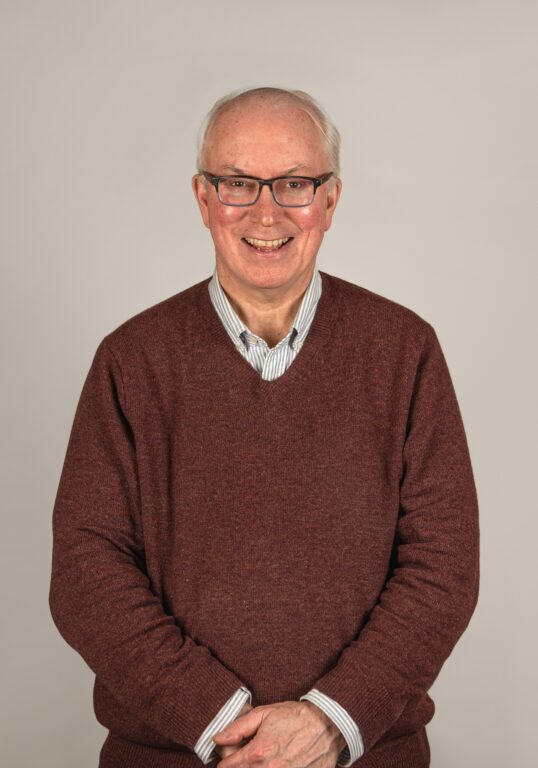
Robert Dunbar
Robert Dunbar has been Professor of Celtic at the University of Edinburgh since June 2013. He is one of the foremost experts in the world on law and policy for linguistic minorities. He is an expert of the Council of Europe in relation to minority language issues, and since February 2023, he has been a member of the Committee of Experts of the European Charter for Regional or Minority Languages, a Council of Europe treaty. He has also worked with the Venice Commission of the Council of Europe in relation to language law and language policy. He has frequently advised governments, language policy bodies and NGOs on language legislation for minority language, including the Welsh Academy in relation to the Welsh Language (Wales) Measure 2011. Robert holds a PhD in Celtic from the University of Edinburgh, on the life and secular poetry of John MacLean (1787-1848), the Tiree and Nova Scotia Gaelic poet, as well as an LL.M from the London School of Economics, an LL.B from Osgoode Hall Law School, Toronto, and a BA from the University of Toronto.
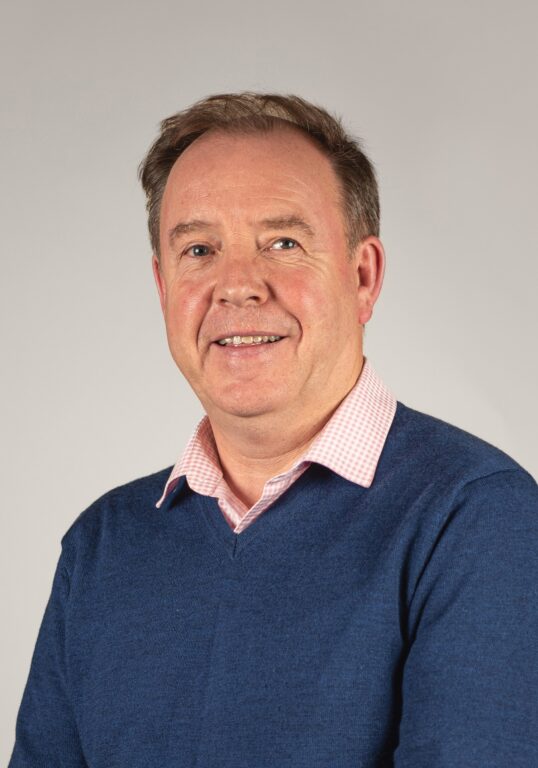
John MacDonald
John MacDonald is a native Gaelic speaker, originally from South Uist, who lives in Edinburgh. Having obtained a business degree, he worked in the IT industry in his early career and then spent over 30 years of his working life in the Scottish voluntary and community sector before retiring in 2022. His roles ranged from Development Officer to Director and Chief Executive with national charities. This has given him insight into effective community development, sage stewardship of public funds and good governance. He has served on the board of trustees for a number of voluntary organisations over the years and is currently a volunteer adviser for Citizens Advice in Edinburgh as well as running online conversation classes for Gaelic learners.
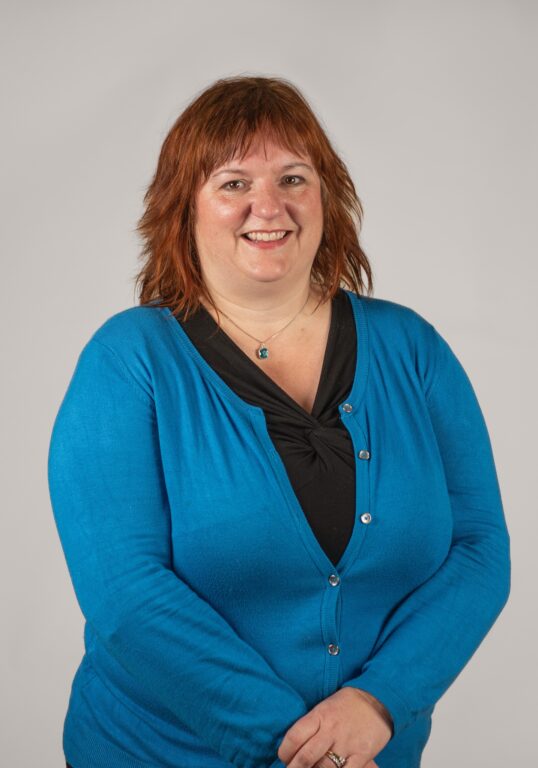
Michelle MacLeod
Michelle Macleod, originally from the Isle of Lewis, is a Professor of Gaelic at the University of Aberdeen. Michelle has taught Gaelic and related subjects in universities in Scotland and Ireland for more than 25 years; she has also taught applied sociolinguistic courses and has supervised PhDs in language planning. She has held various leadership roles for languages in higher education including in 2022 being one of three Future of Languages Research Fellows funded by the Arts and Humanities Research Council where her work considered how research could support the policy ambitions for the UK’s indigenous languages; she also currently sits on the British Academy/University Council for Languages Strategic Committee for Languages in Higher Education. Michelle has conducted research into Gaelic literature, theatre, second language acquisition and community language planning. Her community language planning research was inspired by the three years she spent as Project Officer and then the first Director at Ionad Chaluim Chille ìle and she recently collaborated with Comunn na Gàidhlig and Sabhal Mòr Ostaig on the Bòrd’s project to establish a network for Gaelic language officers. She is currently Chair of Theatre Gu Leòr and the Catherine McCaig Trust.
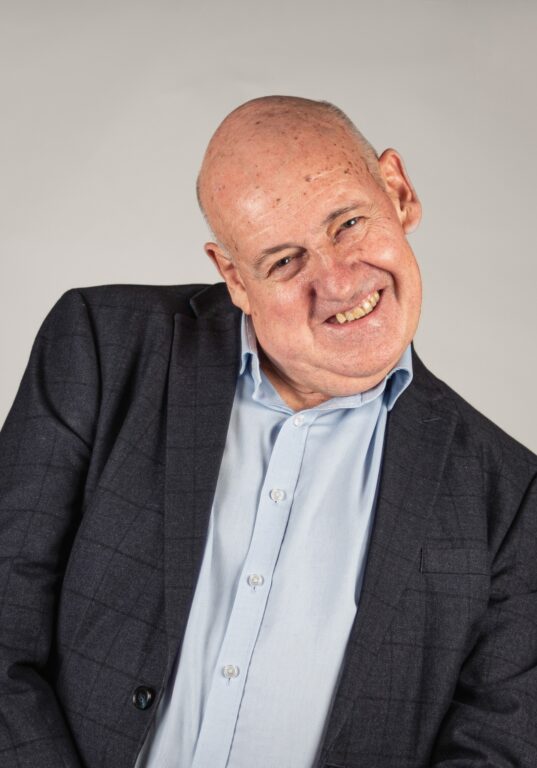
Donald Kenneth (DK) MacPhee
Donald Kenneth (DK) MacPhee is a fluent Gaelic speaker who was born and brought up in a strong Gaelic speaking community in South Uist where his late father John was a Gaelic teacher for 40 years. DK’s values, knowledge and skills were further developed over nine years in Catholic seminaries, three of those in Valladolid, Spain. In 1983, this time teaching English in Spain as part of his degree at the University of Glasgow, an unexpected diagnosis of cervical dystonia/spasmodic torticollis literally changed the direction of his life. After graduating with MA (Hons) Hispanic Studies in 1985, and then from Napier College (now University), Edinburgh in 1986 with a Postgraduate Diploma in European Marketing and Languages, his working life began at a charity that supported the unemployed into work. Promoting skills and learning for all, especially for the most excluded and disadvantaged, was to become a central theme of his working life. Voluntary work, including the establishment of the first self-help group for people with dystonia in Scotland and then his appointment as the first Dystonia UK officer outside London, also continued throughout those years.
After two decades of development roles across charities and public sector agencies, in 2009 DK became the lead strategic policy and development officer for Gaelic corporate planning and development within Glasgow City Council with responsibility for all aspects of the council’s Gaelic Language Plans. The expansion of Gaelic Medium Education and the implementation of the Gaelic Plan are also commitments in Glasgow City Council’s 2022-2027 Strategic Plan. Some family members also work in, or have children in, Gaelic Medium Education. DK has a special interest in sport, in particular football, and has contributed to Gaelic radio and television programmes views on football, dystonia and other general interest stories for decades. A BBC ALBA documentary about his life with dystonia called Dystonia: Beatha air Fhiaradh / Life at an Angle won a Gaelic Award in 2021. He is also one of the many Gaelic voices of Duolingo and has been a Board member of Comunn na Gàidhlig since 2018 and of FC Sonas since 2022.
Code of Conduct
Declaration of Interest, December 2024
Standing Orders, June 2024
Gender Representation Report, April 2023
Members salaries
Details of Bòrd na Gàidhlig Members’ remuneration are published in the BnG’s Annual Reports and Accounts
Some of the PDFs on this page may not be screen-reader accessible. If you require any of these documents in an alternative format, please email oifis@gaidhlig.scot.


